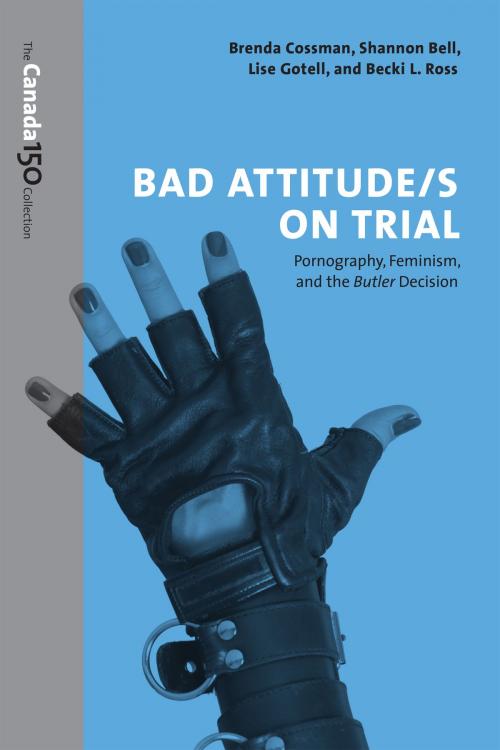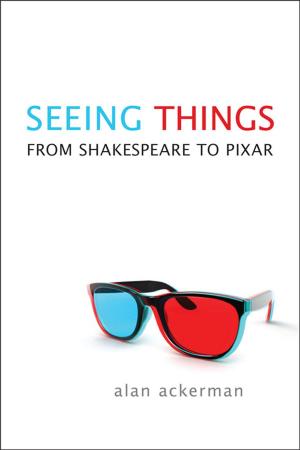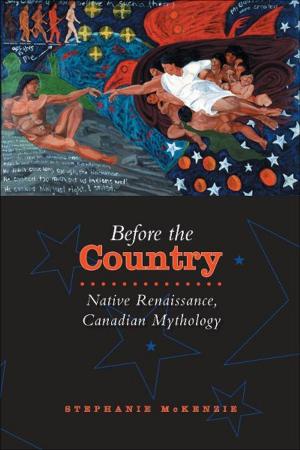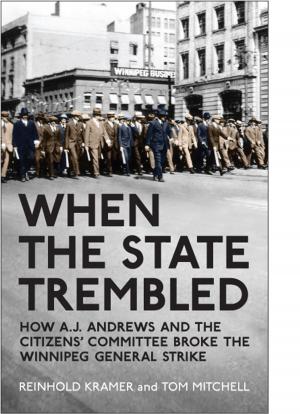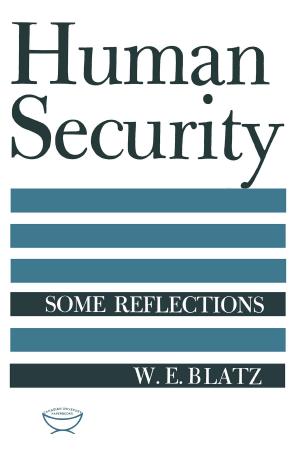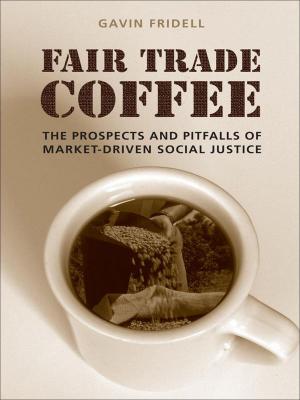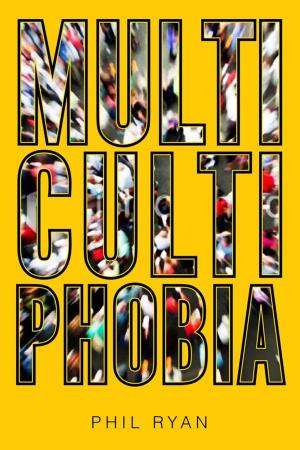Bad Attitude(s) on Trial
Pornography, Feminism, and the Butler Decision
Nonfiction, Social & Cultural Studies, Social Science, Pornography, Gender Studies, Women&| Author: | Shannon Bell, Brenda Cossman, Lise Gotell, Becki Ross | ISBN: | 9781487516802 |
| Publisher: | University of Toronto Press, Scholarly Publishing Division | Publication: | June 22, 2017 |
| Imprint: | Language: | English |
| Author: | Shannon Bell, Brenda Cossman, Lise Gotell, Becki Ross |
| ISBN: | 9781487516802 |
| Publisher: | University of Toronto Press, Scholarly Publishing Division |
| Publication: | June 22, 2017 |
| Imprint: | |
| Language: | English |
Bad Attitude(s) on Trial is a critical analysis of pornography in the context of contemporary Canada. The notion that pornography both reflects sexual domination and 'victimizes' women has recently found expression in law in the landmark Canadian Supreme Court decision of R. v. Butler (1992). Many feminists embrace this new law as progressive, but in the post-Butler years, straight, mainstream pornography is still flourishing, while sexual representations that challenge conventional notions of sexuality, such as those centering on gay and lesbian sex and s/m sex, are the focus of censorship. It is the censorship of sexual others that the authors critique from a legal, cultural, gay, and philosophical standpoint.
Lise Gotell examines the intervention of the Women's Legal Education and Action Fund (LEAF) in the Butler decision and provides an overview of socio-legal debates on pornography and censorship. Brenda Cossman examines the Butler decision itself and challenges the dominant reading of this case as a feminist victory. Becki Ross critically examines the expert testimony she delivered in defense of Bad Attitude, an American lesbian sex magazine seized by police from Glad Day Bookshop in Toronto in 1992. She details the difficulties she encountered in explicating and contextualizing the specificities, nuances, and complexities of lesbian s/m fantasy in a court of law. In the final chapter, Shannon Bell advances a conception of pornography that is not distinguishable from philosophy, using philosophy to make pornography.
Bad Attitude(s) on Trial provides a new debate on pornography and feminism. It will be of particular interest to students of both women's, and gay and lesbian issues, but will also be relevant for scholars of law, political science, and philosophy, as well as for anyone interested in a different, provocative view of the Butler decision.
Bad Attitude(s) on Trial is a critical analysis of pornography in the context of contemporary Canada. The notion that pornography both reflects sexual domination and 'victimizes' women has recently found expression in law in the landmark Canadian Supreme Court decision of R. v. Butler (1992). Many feminists embrace this new law as progressive, but in the post-Butler years, straight, mainstream pornography is still flourishing, while sexual representations that challenge conventional notions of sexuality, such as those centering on gay and lesbian sex and s/m sex, are the focus of censorship. It is the censorship of sexual others that the authors critique from a legal, cultural, gay, and philosophical standpoint.
Lise Gotell examines the intervention of the Women's Legal Education and Action Fund (LEAF) in the Butler decision and provides an overview of socio-legal debates on pornography and censorship. Brenda Cossman examines the Butler decision itself and challenges the dominant reading of this case as a feminist victory. Becki Ross critically examines the expert testimony she delivered in defense of Bad Attitude, an American lesbian sex magazine seized by police from Glad Day Bookshop in Toronto in 1992. She details the difficulties she encountered in explicating and contextualizing the specificities, nuances, and complexities of lesbian s/m fantasy in a court of law. In the final chapter, Shannon Bell advances a conception of pornography that is not distinguishable from philosophy, using philosophy to make pornography.
Bad Attitude(s) on Trial provides a new debate on pornography and feminism. It will be of particular interest to students of both women's, and gay and lesbian issues, but will also be relevant for scholars of law, political science, and philosophy, as well as for anyone interested in a different, provocative view of the Butler decision.
